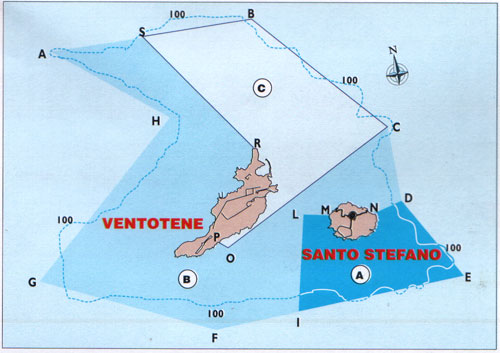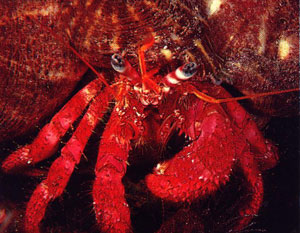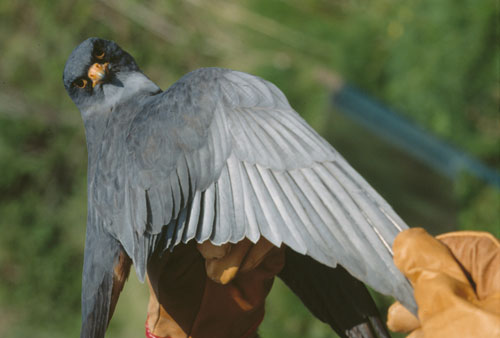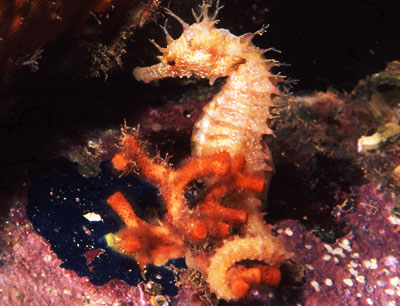






National Nature Reserve and Marine Protected Area

As is the case for every natural reserve, that of Ventotene is regulated by environmental guidelines that limit it’s use and access.
The protected area is divided into three different zones. The one furthest inland is the most biologically untouched and thus requires the most protection. Access to this zone is limited and only allowed for scientific purposes; scuba divers must be accompanied by specialized personnel and they require a permit. The second zone is a general reserve: it is open to visitors but it cannot be altered in any way and every activity undertaken in the zone must have an environmental purpose. Access to certain areas and routes can be obtained with a permit granted by the organization overseeing the zone. Residents are allowed access upon request. Underwater access is generally granted but again with local guides. Finally, the third zone is a partial reserve where there is a larger human presence and all activities with environmental aims are allowed, including utilization of the reserve if one obtains permission for the managing authority.
Data collected in certain Mediterranean and non-European areas shows that when reserves are organized in this way those who live and work in the area are not penalized, quite the contrary. It has been proven that correct management and adequate restrictions guarantee gradual repopulation of natural areas (and not only those of the natural reserves) which in turn assures an increase in the income derived from fishing activities. Tourists also reap benefits, for example, scuba divers are able to explore a richer and vaster marine fauna.

It is also true that the total involvement of the islanders will come about when the facts speak for themselves: the presence of the natural reserve goes hand in hand with respect for the traditions of the island. The inhabitants will have their guarantee not by blindly trusting what is said, but by exercising their rights when being active participants in the decision making process. One thing is clear: if we do not take advantage of the opportunities the reserve presents to us, this means loosing out on both intellectual maturity and the prospect of a brighter future.
For more information: Ventotene turismo "Holiday Homes" via rampe marine nr.10 tel /fax 0771-85273
Vegetation and Fauna

Seventy-six plant families thus a total of four hundred and forty-eight species have been accounted for overall in Ventotene and Santo Stefano. However, while there is great variety, what is present now is but only a memory of what was the original vegetation of the islands. Of all the Pontine islands only Zannone is still untouched; splendid Mediterranean shrub land and dense oak forest.








